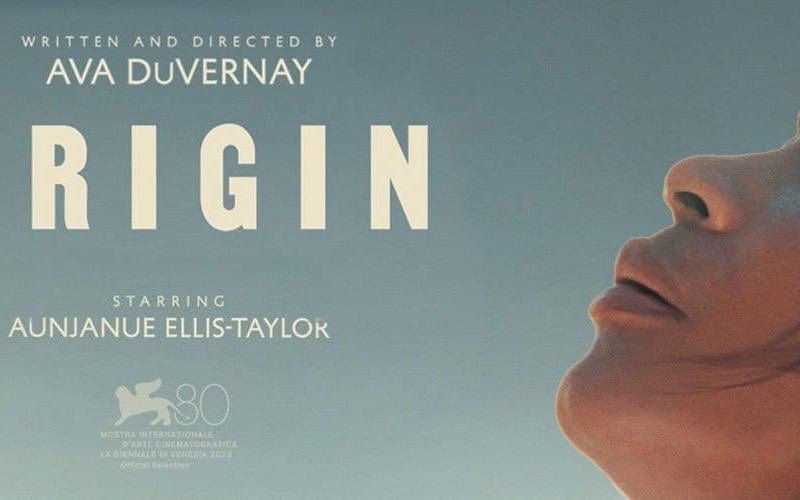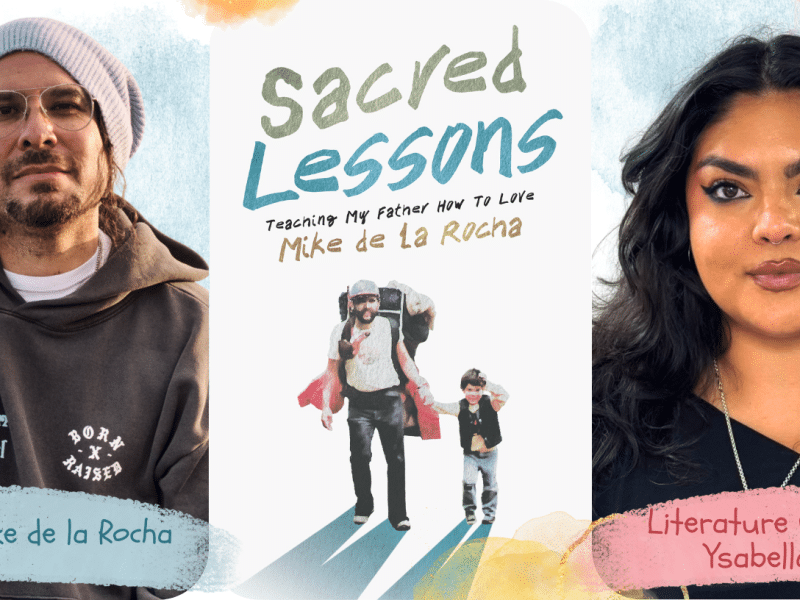ORIGIN Hits the Screens Exposing Systematic Racial Injustice
ORIGIN, the highly acclaimed movie by Ava DuVernay adapted from former New York Times journalist Isabel Wilkerson’s book “Caste,” explores the struggles faced by marginalized communities and connects the dots between historical injustices and global systemic racism.

ORIGIN, the highly acclaimed film, directed by Ava DuVernay, hit theaters across the nation on January 19th. The movie is based on the book “Caste” by Pulitzer Prize-winning author Isabel Wilkerson.
ORIGIN isn’t your typical Hollywood-backed movie. After being rejected by film studios after the movie was deemed too risky of an investment, DuVernay turned to social justice funders to make the film a reality. With support from a large list of foundations, including the Ford Foundation, Emerson Collective, Pop Culture Collaborative, and other philanthropists, the film marks a turning point for independent films that break free from the dependency of major studio funders.
What studios deemed risky has now been recognized by movie critics as a bold and powerful cinematic experience.
From Pages to Screen: What’s the movie about?
In “Caste”, Wilkerson draws clear links between systemic racism against the Black community in the United States and similar structures worldwide. The genesis of this book was shaped by the verdict in the tragic killing of Trayvon Martin, an unarmed African-American teenager, in 2012.
The task of bringing “Caste” to life on the screen is formidable, given its complex and profound nature. Ava DuVernay, an acclaimed film director, had no doubts about taking on the challenge.
DuVernay made history as the first African American woman to snag the Best Director award at the Sundance Film Festival for “Middle of Nowhere.” Her noteworthy contributions extend to “Selma,” earning her a Golden Globe nomination, and the documentary “13th,” which received an Academy Award nomination. “13th” explores the complexities of the prison system and the intersection of race, justice, and mass incarceration in the United States.
In the film ORIGIN, DuVernay looks into the complex themes laid out by Wilkerson. Drawing parallels between the experiences of dehumanization suffered by diverse communities: from the Dalits in colonial India to African Americans in the Jim Crow South. The film also looks at the struggles of Jews, people of color, members of the queer community, those with diverse gender identities, and people with disabilities during the Nazi era.
Oscar-nominated actress Aunjanue Ellis-Taylor takes on the role of Isabel, portraying a protagonist embarking on a global quest for the truth behind racialized supremacy.
Funding Against the Odds
Instead of relying on the support of big studios, DuVernay teamed up with philanthropists, including the Ford Foundation, Pivotal Ventures, Emerson Collective, the Robert Wood Johnson Foundation, the MacArthur Foundation, Open Society Foundations, Pop Culture Collaborative, and other organizations.
DuVernay and her team nailed it with this strategy. They managed to secure enough funds for the film, and the best part was that her sponsors gave her full artistic freedom. DuVernay, along with her cast and crew, consisting of both professionals and community members from three different continents, wrapped up the shoot in a mere 37 days.
ORIGIN made its debut at the 80th Venice Film Festival in September 2023 and was nominated for the Golden Lion award. During the premiere, the audience showed their admiration for the film with a nine-minute standing ovation. Since then, the movie has received various awards and nominations, including the Visionary Award at the Virginia Film Festival.
A Weekend at the Movies
Thanks to an anonymous donor, all tickets in select cities for the screenings on Saturday, January 20th at 10:30 a.m. are free. You can grab your ticket by clicking here.
Join the discussion on social media using #Movt4Origin and #OriginMovie hashtags.
ORIGINS (PG-13) is showing nationwide in select cites and contains thematic material involving racism, violence, some disturbing images, profanity and smoking. The movie runs 135 minutes.



